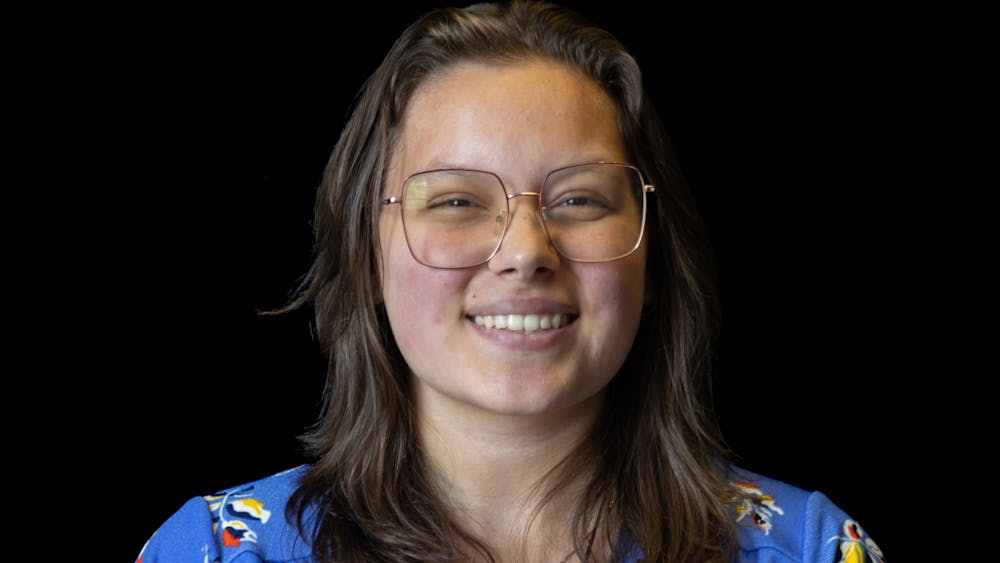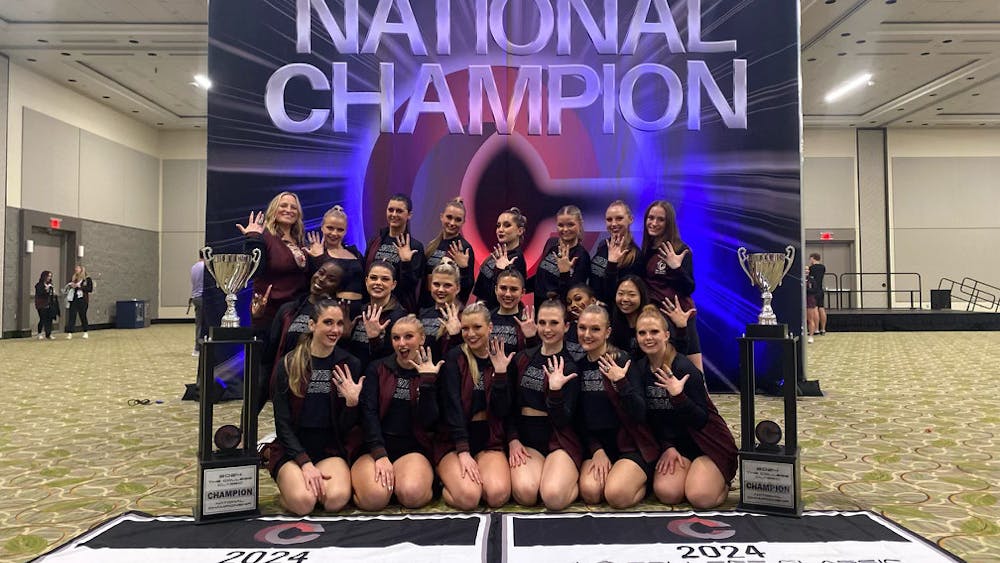Cinema charisma
Actor and director of the upcoming film, "Selma" discuss their careers in film
Big screen Hollywood director Ava DuVernay and actor David Oyelowo took time away from the spotlight to allow Central Michigan Life to take part in a conference callabout their new film, “Selma”. DuVernay is best known for her prize-winning independent film, “Middle of Nowhere” and Oyelowo is best known for his role in “Interstellar” as the school principal. Oyelowo will play the part of Martin Luther King Jr. in “Selma”.
Why should movie- goers see "Selma"?
OYELOWO: For me, one of the reasons that we, well I certainly was so inspired to make the film, was that so many people think they know who Dr. King is, think they know what this movement is, but don’t really and that in it of itself is a huge change. Now, of course that’s not one of the reasons we set out to make the film, but that conversation has shifted in the last few months, and even in the last 24 hours considering Ferguson, considering what just happened with Eric Garner. So, you know, I think those are reasons our film takes on a new vitality a new poignancy but leads because what we tried to do with the film is not make a film that felt sort of wrapped in multiples, but a film that feels immediate, that feels current, that feels relevant to 2014 and moving forward, and you know, even more so than even when we made the film does the film feel that way.
What do you hope the audience will gain from the film?
DUVERNAY: You know, as a filmmaker I always try to, I’m a little allergic to the question because we as artists tell the story and it’s up to the person to bring their personhood, their history, their family legacy, whatever they’re going through that day to the story. The great thing about film is it creates a different effect on everyone who sees it. My hope is that people walk out of the theatre and that this is not disposable, that it’s something that you continue to think about later that night when you’re washing dishes, the next day when you’re driving to work because there are some issues here, there’s some emotion here, there’s some intention here that deserves further examination and the role as the filmmaker is not to dictate or even articulate what I want people to feel, I just want them to feel something. This is a time, this is a cultural moment where there’s so much unrested, so much indecision, there’s so much contradiction happening, all just in the air. I think it would be lovely if a piece of art could trigger some good conversation, some good debate, some good examination of what folks are feeling right now.
What research went into writing and directing Selma?
DUVERNAY: The cool thing is that my dad is from Wales County, Alabama which is where the film takes place, some of it’s in Wales County. So I was there, I’ve spent summers there, Mother’s Day, Father’s Day, Christmas, I’ll be there for Christmas this year, my mother works in Selma everyday, right now she’s at work in Selma. So I really knew Selma, so no I didn’t have to do any of that research a lot of filmmakers have to do in the beginning. I was really lucky that I already knew the place. That allowed me to more quickly get into the characters because I wasn’t learning Selma from scratch.
In a film industry such as Hollywood, there aren’t a lot of female directors. What was it like to be able to direct a big Hollywood film?
DUVERNAY: The great thing about being a director is that you get to create your own world. So I get to chose the people I want to work with, I get to run the set in the way that I want to. So really as lady directors, we have the opportunity to create your own little island where everything works for you. The sad thing is that not a lot of us get to do that, but once you do, it’s a beautiful time to create the kind of world that you want where you have people that respect your vision, that want to work with you hand and hand, so I find the time that I’m shooting to be my favorite time because I’m able to gather with like-minded artists and really make something without all the pressures of the industry instead of the industry telling me what I can’t do when you’re on the set, it’s all about what you can do.
David, what new things did you encounter about MLK as a person?
OYELOWO: One of the main surprises to me, and I think it would be a surprise to a lot of people, who as you say knew him as a leader with very confidence and auditorical skill and a political mind and a preacher with a profit inspiring people. Beyond that was a man who really felt the weight of not just the calling, but the people who were harmed within the campaign that he and his brother and sisters in the movement mounted. Selma in particular saw the death of three people, and the fact of the matter is as you’ll see when you see the film the strategy employed in Selma was what we’re going to do to this place when there’s undeniable injustice in terms of black people not being allowed to register to vote, and we’re going to make these racist people act out on camera and show the world this in order for us all to rally and cajole the president into taking action, and that’s exactly what happened. But if you’re going to employ that as a methodology, people are going to get hurt and in this campaign, people died. And, you know, that was something that weighed so heavily upon him. It made him unsure at times, it shredded him in guilt at times, it really made him question himself as a leader, considering the fact that people were getting hurt effectively at his behalf. And so that’s something I don’t think people necessarily would widely know, and it was something that in the playing of the role I definitely felt a need and desire to project.
Watch the trailer for "Selma", coming to theatres Jan. 9.
https://www.youtube.com/watch?v=x6t7vVTxaic





